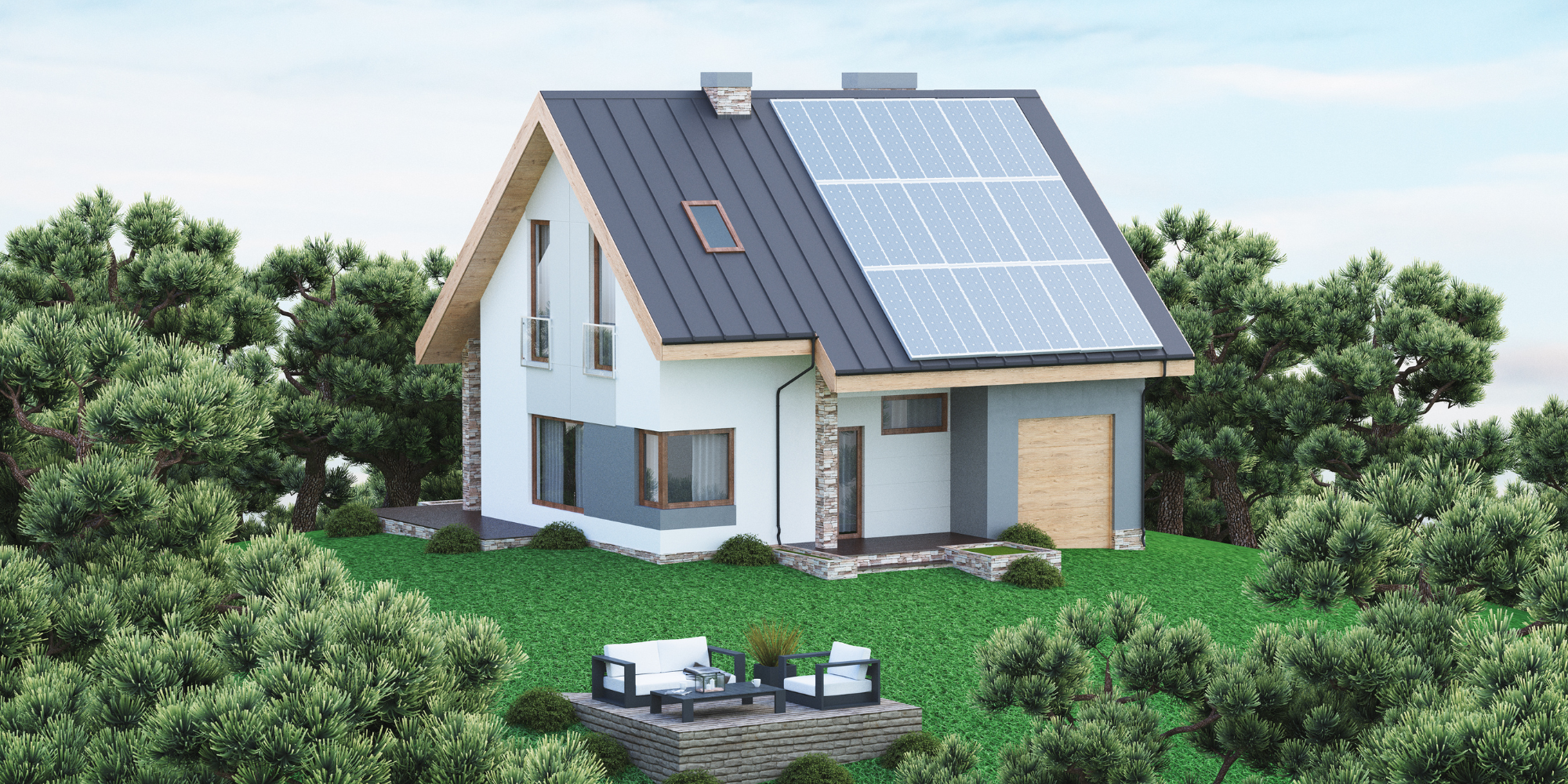Environmentally Friendly Piping Solutions: Choosing Your Home Environmentally Friendly
Environmentally Friendly Piping Solutions: Choosing Your Home Environmentally Friendly
Blog Article
Here further down you'll find a good deal of really good answers on the subject of Sustainability Remains Key Trend in Plumbing Practices.

Introduction
In today's globe, lasting living is ending up being progressively important. One location where house owners can make a considerable impact is via environment-friendly plumbing solutions. By adopting eco aware techniques, houses can minimize their water and power intake while adding to a healthier world.
Water-Efficient Fixtures
Typical components commonly waste water needlessly. Nonetheless, modern low-flow commodes, faucets, and showerheads are made to reduce water use without compromising performance. These components can substantially reduce house water usage, leading to reduced water bills and a minimized environmental impact.
Greywater Equipments
Greywater refers to delicately used water from sources such as showers, sinks, and cleaning machines. Rather than allowing this water go to waste, greywater systems recycle it for non-potable usages such as landscape watering and toilet flushing. By executing a greywater system, home owners can conserve fresh water resources and decrease stress on local wastewater therapy centers.
Rain Harvesting
Rain collecting entails accumulating and saving rainwater for various purposes, including watering, commode flushing, and washing. Rainwater harvesting systems generally consist of a collection surface area (such as a roof), gutters, downspouts, and tank. By gathering rainwater, homeowners can lower their dependence on municipal water resources and conserve fresh water sources.
Solar Water Heaters
Standard water heaters depend on nonrenewable fuel sources or power to warmth water, contributing to carbon emissions and power intake. In contrast, solar hot water heater make use of sunshine to warm water, offering a renewable and eco-friendly choice. By utilizing solar power, home owners can lower their energy expenses and lower their carbon impact.
Green Pipe Materials
Conventional pipes products such as copper and PVC can have unfavorable ecological influences throughout manufacturing and disposal. Nonetheless, there are lasting choices readily available, such as recycled steel, cross-linked polyethylene (PEX), and high-density polyethylene (HDPE). These environment-friendly pipeline products provide toughness, durability, and minimized environmental impact.
Energy-Efficient Devices
Along with water-efficient fixtures, energy-efficient appliances can better minimize a home's environmental footprint. High-efficiency washing makers and dishwashing machines make use of less water and power per cycle, assisting to preserve sources and reduced utility bills. When purchasing devices, try to find power STAR ® certified versions for optimal effectiveness.
Smart Water Management Solution
Advances in innovation have actually made it simpler than ever before to monitor and enhance water use in the home. Smart water monitoring systems use sensors and data analytics to track water use in real-time, recognize leakages, and supply understandings for conservation. By implementing smart water administration services, house owners can lessen waste and maximize efficiency.
Cost Factors to consider
While eco-friendly pipes choices may have higher upfront prices than typical options, they typically offer long-term financial savings with reduced water and power expenses. Additionally, several governments supply rewards such as rebates and tax obligation debts for environment-friendly upgrades, helping to balance out initial costs.
Installment and Maintenance
Correct installation and routine upkeep are important for making certain the effectiveness and durability of green plumbing systems. It is very important to work with qualified experts to set up and service these systems to stay clear of concerns and make the most of effectiveness. Routine maintenance jobs such as looking for leakages and cleaning up filters can additionally aid protect against troubles and maximize efficiency.
Ecological Benefits
The environmental benefits of eco-friendly plumbing are considerable. By saving water and energy, property owners can minimize their carbon footprint and minimize their impact on natural resources. In addition, environmentally friendly plumbing practices can aid safeguard communities and protect biodiversity for future generations.
Wellness Benefits
Along with environmental benefits, eco-friendly plumbing can likewise add to boosted indoor air high quality and health and wellness. By utilizing safe materials and reducing chemical direct exposure, home owners can create a healthier living environment for themselves and their families.
Government Incentives
Many governments offer financial motivations to urge home owners to take on environment-friendly plumbing practices. These motivations might consist of discounts, tax obligation credit ratings, and low-interest fundings for energy-efficient upgrades. By capitalizing on these programs, home owners can make green enhancements much more cost effective and available.
Conclusion
Finally, environment-friendly plumbing alternatives use various benefits for home owners and the atmosphere alike. By investing in water-efficient components, greywater systems, rainwater harvesting, solar water heaters, environment-friendly pipe materials, energy-efficient devices, clever water administration systems, and various other lasting options, houses can lower their environmental impact, lower their energy bills, and contribute to a healthier world for future generations.
Eco-Friendly Plumbing Solutions: The Role of Plumbing in Green Building
The growing global emphasis on sustainable living has led to an increased focus on environmentally-friendly building practices, including green plumbing solutions. By incorporating eco-friendly plumbing practices and technologies into your residential or commercial project in the McKinney area, you not only save on energy and water expenses but also contribute to a healthier environment. So how can plumbing play a vital role in green building, and what sustainable solutions should you consider for your property?
In this article, we will explore the importance of sustainable plumbing practices and delve into various energy-efficient and water-saving technologies suitable for both residential and commercial properties. North Star Plumbing, as a forward-thinking plumbing service provider in McKinney, is dedicated to guiding clients towards eco-friendly solutions that cater to their specific needs, ultimately ensuring long-term benefits in efficiency and environmental impact. Join us on this journey towards a greener future, one plumbing system at a time.
Low-Flow Faucets: These faucets use an aerator to mix air with water, providing a steady flow while using less water. According to the EPA, WaterSense-labeled faucets use at least 30% less water than standard models. Dual-Flush Toilets: These toilets offer two flushing options: one for solid waste and another with reduced water usage for liquid waste. Dual-flush toilets use up to 67% less water than conventional models. High-Efficiency Showerheads: These showerheads use aerators to maintain water pressure while using less water. WaterSense-labeled showerheads can save nearly 3,000 gallons of water per year.
- Energy Efficiency: Tankless water heaters can be up to 34% more energy efficient than traditional storage tank water heaters, as they only heat water when needed, resulting in less wasted energy.
- Longer Lifespan: These heaters typically last up to 20 years, compared to traditional tank water heaters that have lifespans of 10 to 15 years.
- Space-Saving: Due to their compact design, tankless water heaters require less space and can be easily installed in smaller areas.

I found that post about while looking around the search engines. Are you aware of someone else who is occupied with the topic? Do not hesitate to share it. We enjoy your readership.
Click Report this page